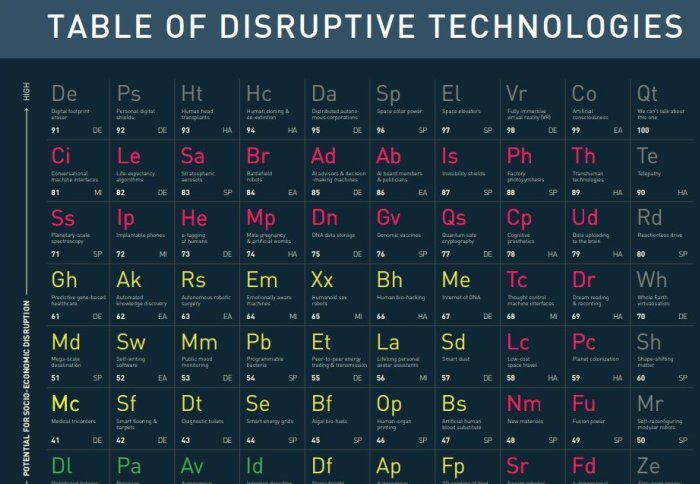From the future of food to workplace AI: exploring tech that will shape future

Imperial academics will look ahead to 2038 to see how technological breakthroughs could change the very fundamentals of how we engage with the world.
At this year’s Tech Foresight conference researchers will be discussing how we can adapt to the shifting realities brought on by new technologies and discover how others are responding to radical technological change.
More than 150 scientists, engineers and executives from industry will come together to talk about technologies that are likely to hit home in the next 20 years.
Professor David Gann, Imperial’s Vice-President (Innovation), said: “Everyone has a particular view of the future and it’s extremely difficult to decommission that mental map. By bringing people together we can challenge each other’s mental maps, and that helps shake up people’s thinking, guided by some expertise about where the current science is.”
Imperial’s Tech Foresight team has also produced the Table of Disruptive Technologies. Modelled on the periodic table, this sets out 100 technologies capable of producing significant social, economic or political upheaval, from low-cost space travel, invisibility shields and smart nappies to a digital footprint eraser and male pregnancy.
Talks will include:
Dr Isabel Garcia-Perez, Lecturer in Precision and Systems Medicine, and Dr Weston Baxter, a lecturer at the Dyson School of Engineering, will be looking at what our dinner plates could look like in 2038 as food becomes smarter, more precise and more adapted to our bodies.
To address the persistent problem of the difference between what people say they eat and what they really eat, Dr Garcia-Perez is developing a system that can tell what someone has been eating based on chemicals in their urine.
Some of these markers relate to metabolism, some to microbial interactions in the gut, and others indicate specific foods or food groups in the diet. Dr Garcia-Perez said: “I want to empower clinicians, dieticians and policy makers by giving them the objective information they need to access the full potential of precision medicine.”
Dr Mark Kennedy, Associate Professor in the Imperial College Business School, will be looking at just how disruptive technologies can be. He has been working on a model to help organisations assess the impact of artificial intelligence on their workforce.
Using company data such as job descriptions, Dr Kennedy and his team link the tasks involved with existing jobs to tools based on different forms of artificial intelligence. “Rather than predicting jobs that will be lost to robots, we take a tools-for-tasks approach to anticipating workforce changes,” he explains.
Professor Mark Girolami, chair in statistics and Director of the Alan Turing Institute, will be exploring the current hype around data and discussing how we might unlock the power of data through the use of computational statistics.
Professor Mimi Hii and Dr Mark Kennedy will discuss how AI could revolutionise scientific discovery and Dr Connor Myant, a lecturer at the Dyson School of Design Engineering, will explore 4D printing and its potential to herald new opportunities for industries and consumers.
Article text (excluding photos or graphics) © Imperial College London.
Photos and graphics subject to third party copyright used with permission or © Imperial College London.
Reporter
Joanna Wilson
Communications Division